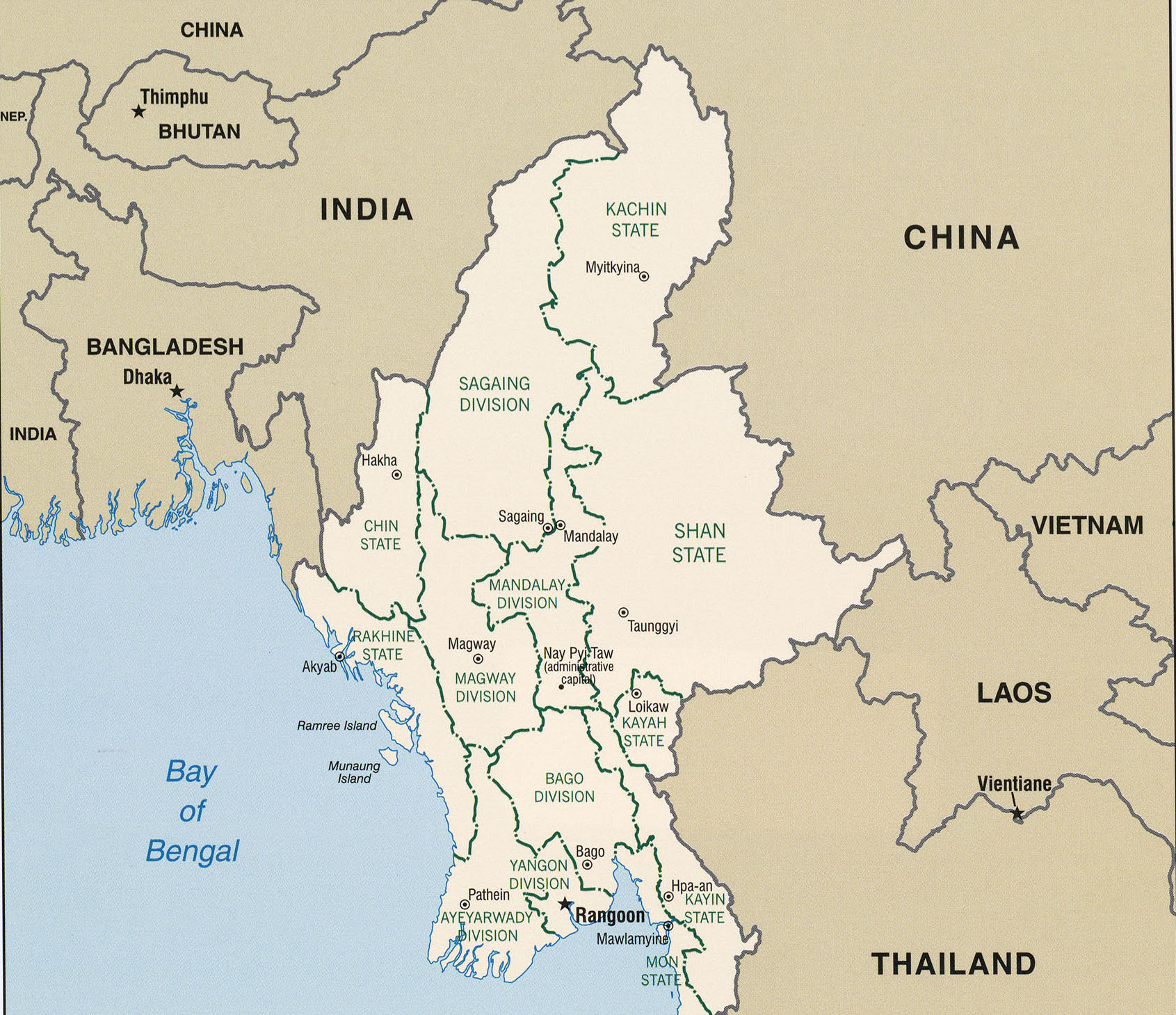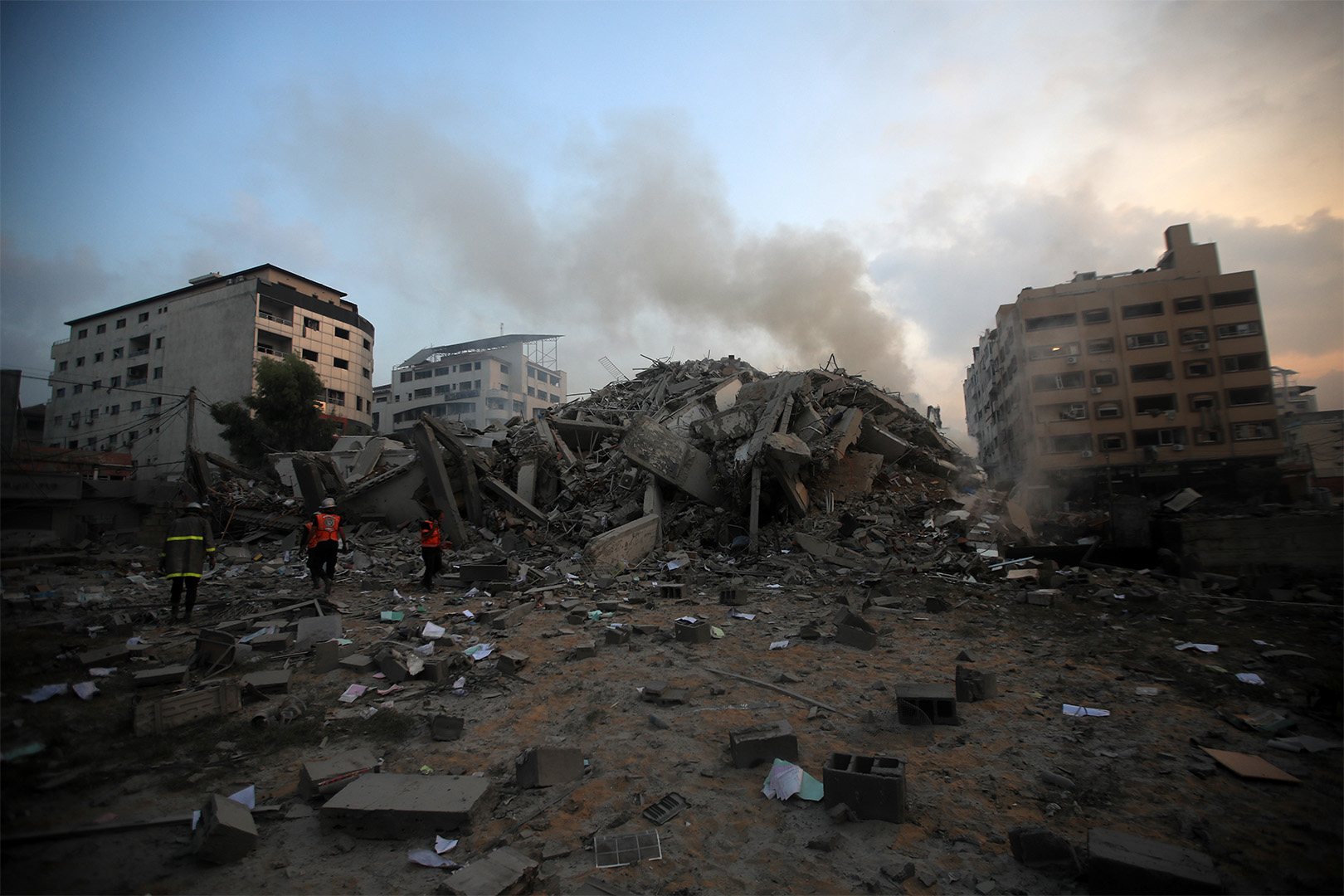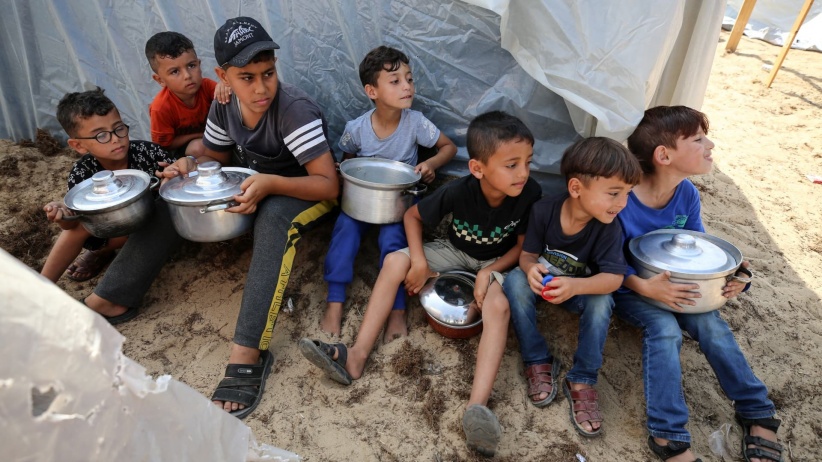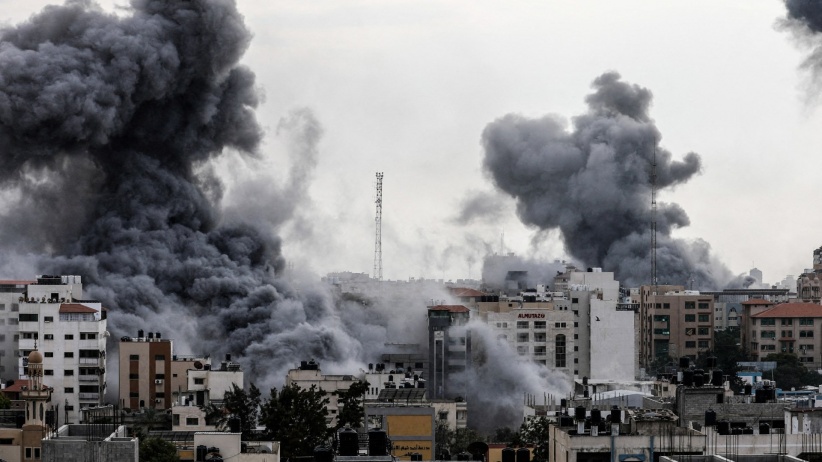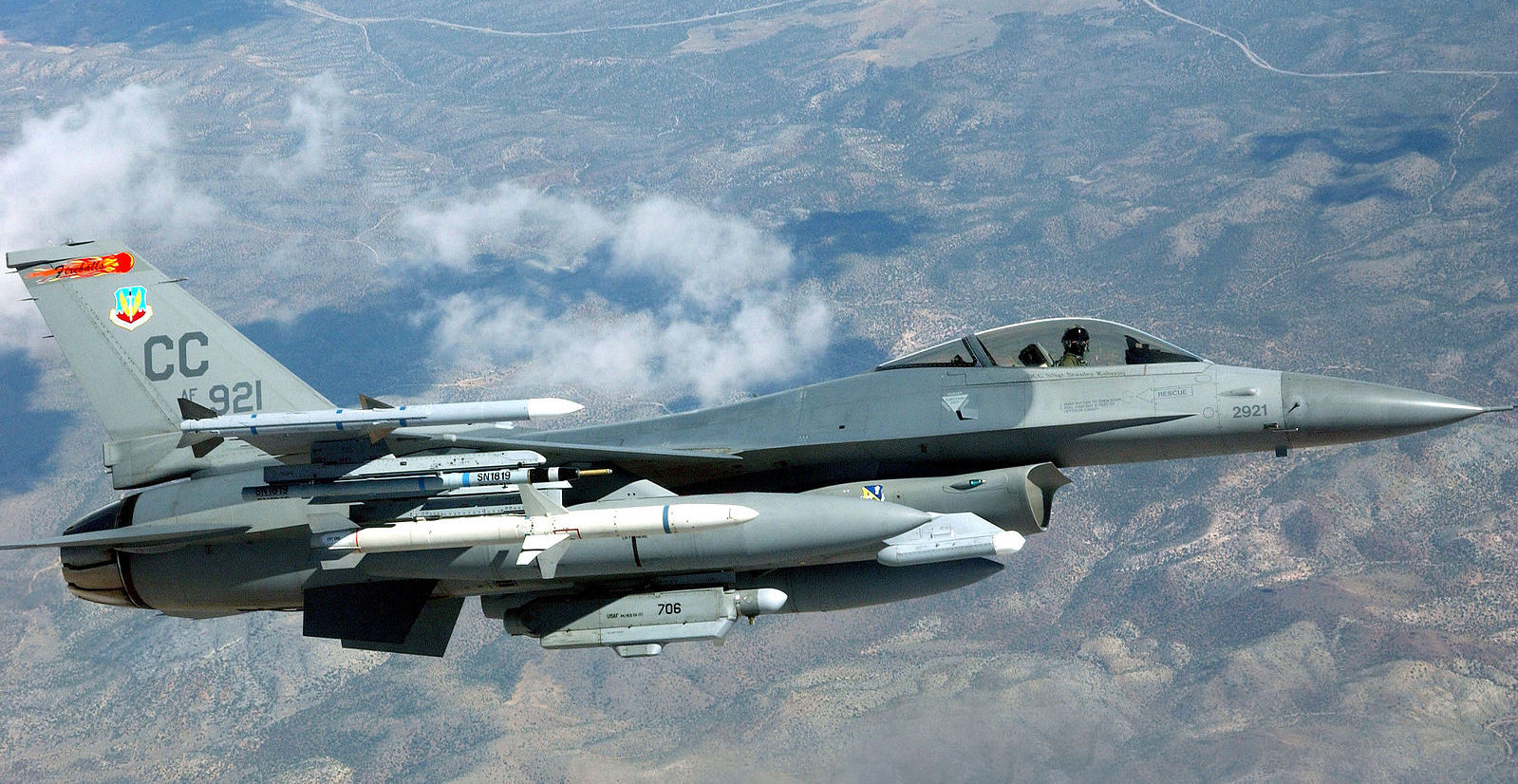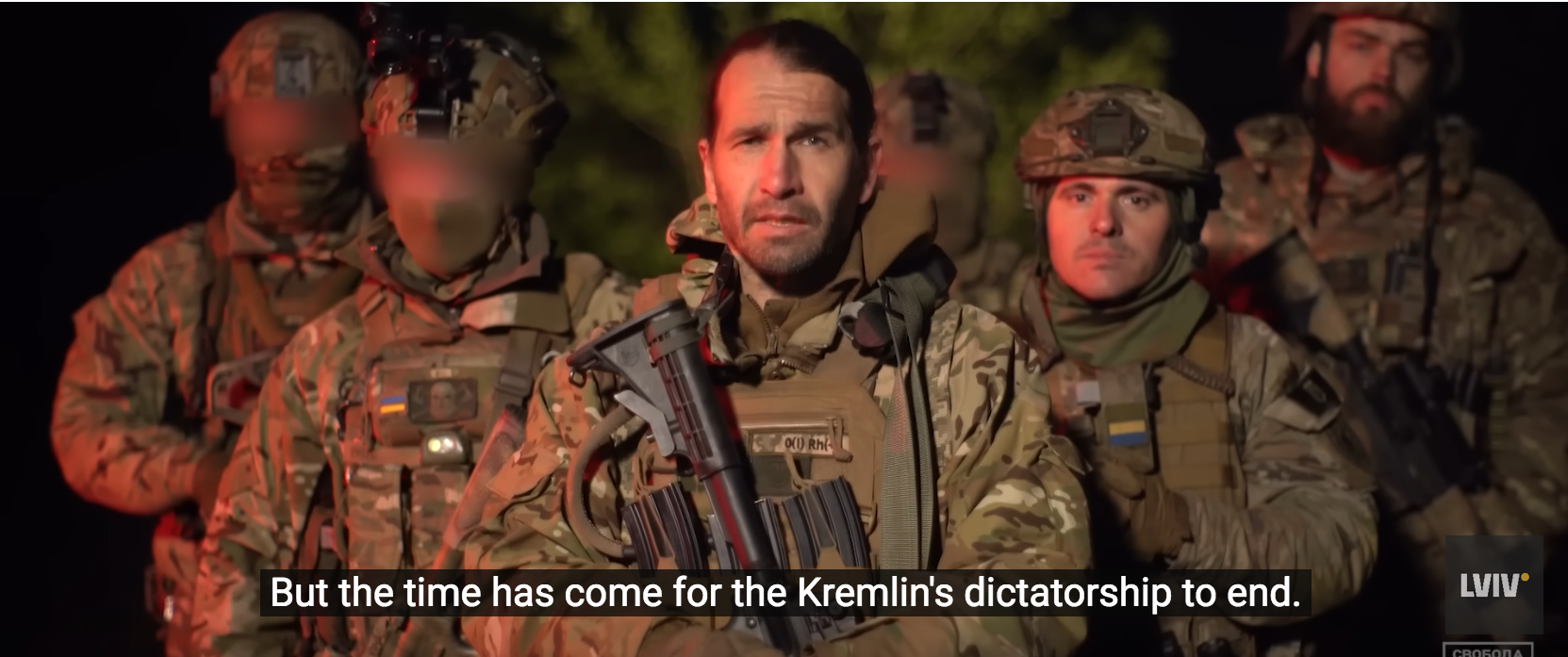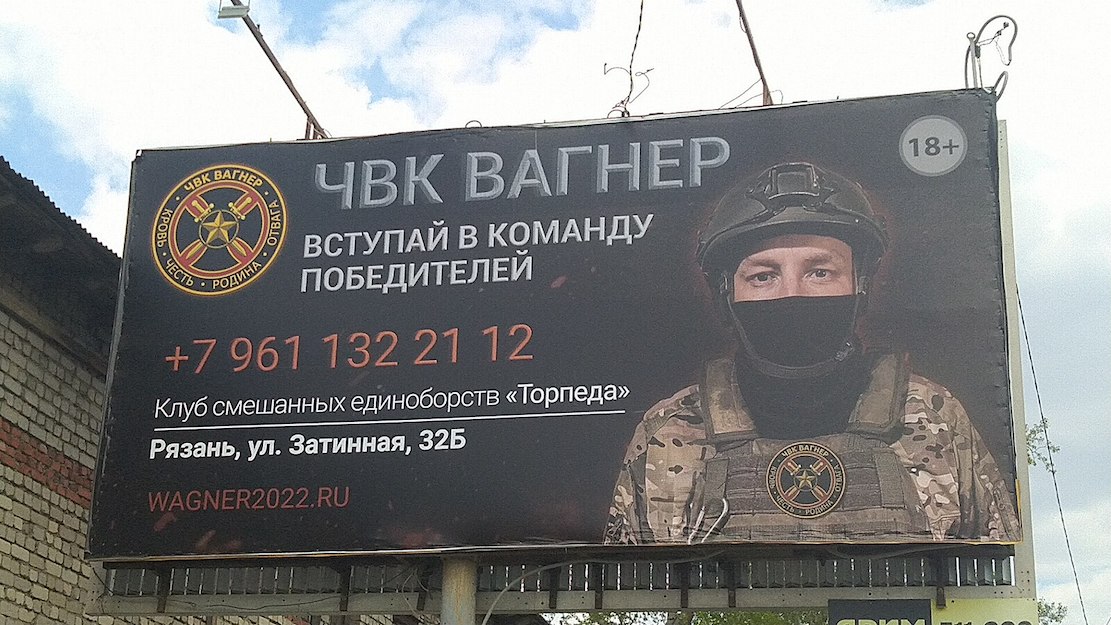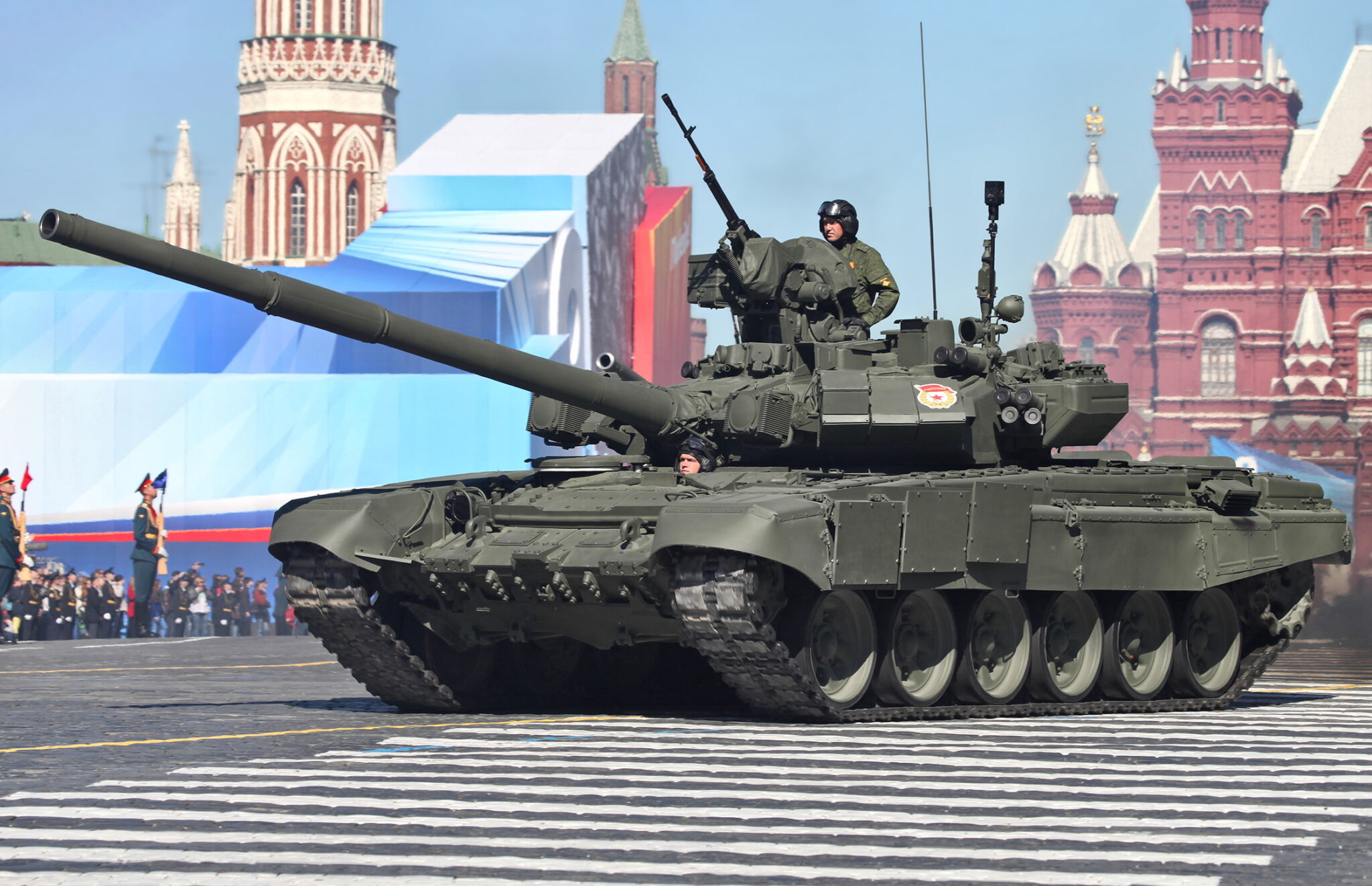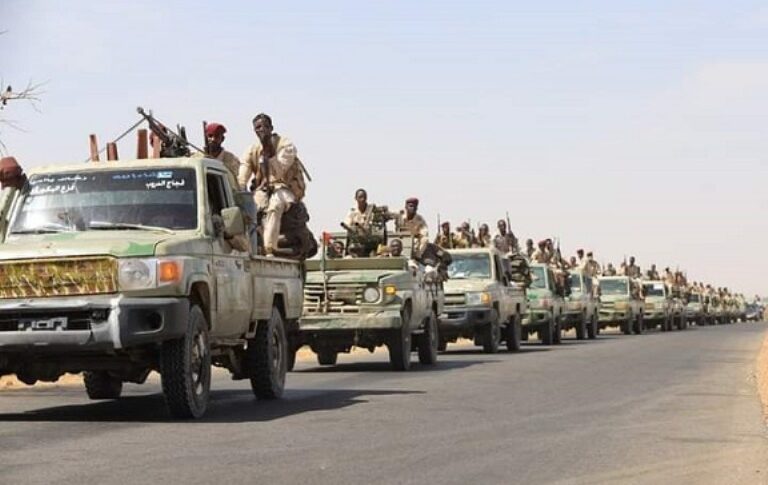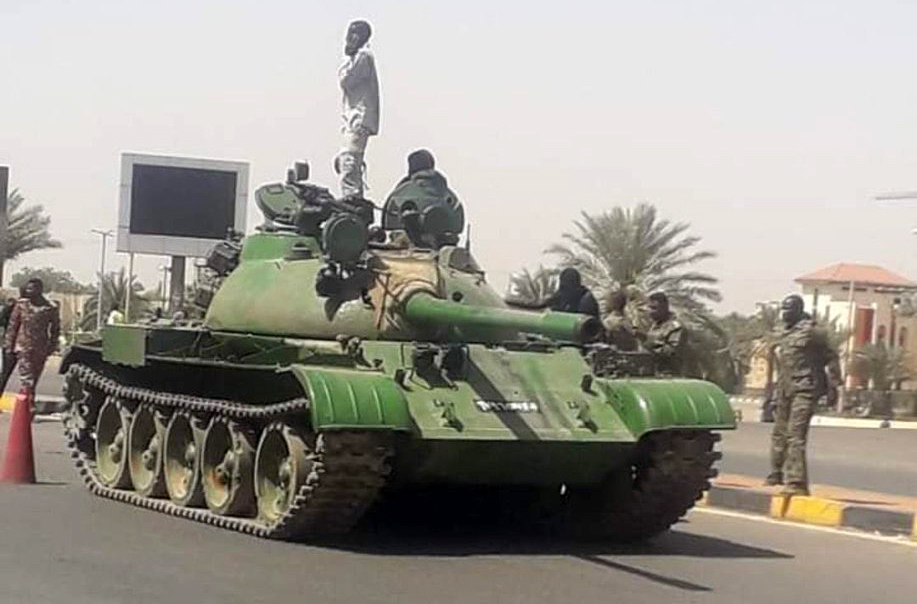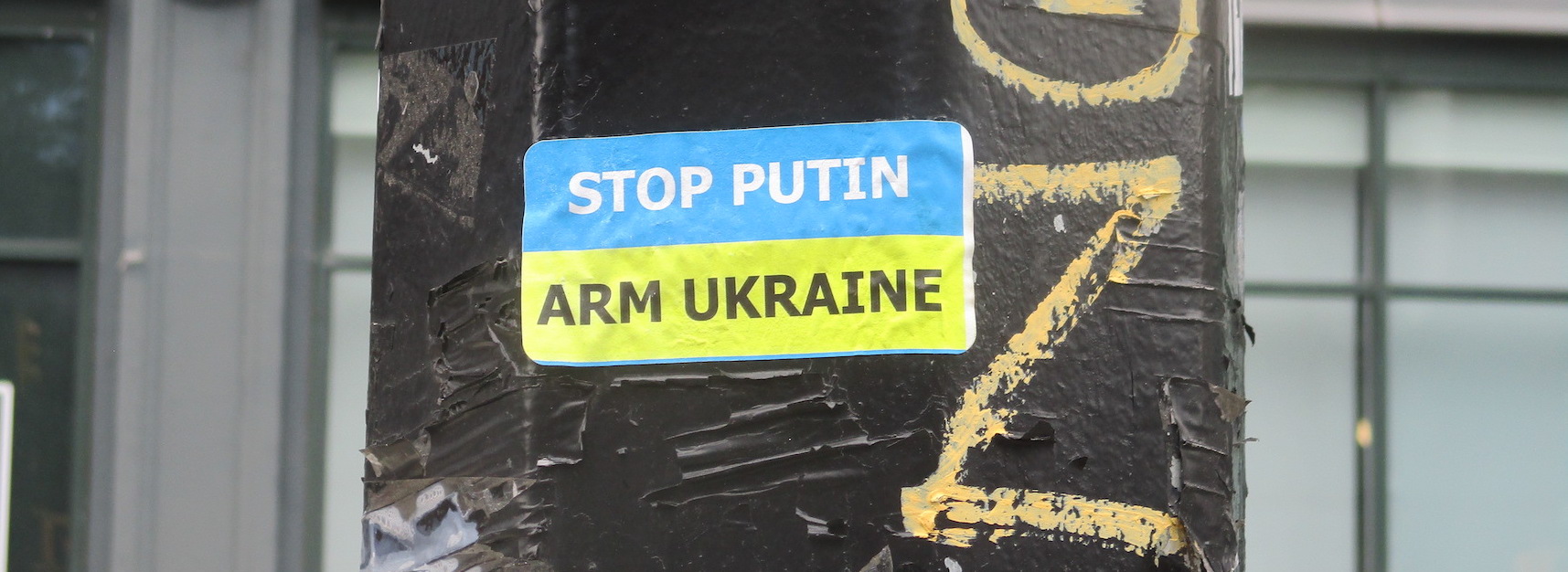
Propaganda game in fight over Ukraine military aid
With Republicans holding up new military aid for Ukraine on Capitol Hill, Russia launched one of the most massive aerial assaults of the war, killing 40 in Kyiv, Kharkiv, Odesa, Dnipro and Lviv. Ukraine retaliated the next day with a missile strike on the Russian city of Belgorod, killing at least 22. Russia counter-retaliated with a wave of drone strikes, damaging schools, hospitals and homes across Ukraine, killing at least 24. Russia accused Ukraine of using internationally prohibited cluster munitions in the strike on Belgorod, and called for an emergency meeting of the UN Security Council. Of course, Russia has itself used cluster munitions since the start of the war in February 2022, despite international criticism from bodies including the UN Human Rights Council. (Photo from Little Ukraine, NYC: CounterVortex)



